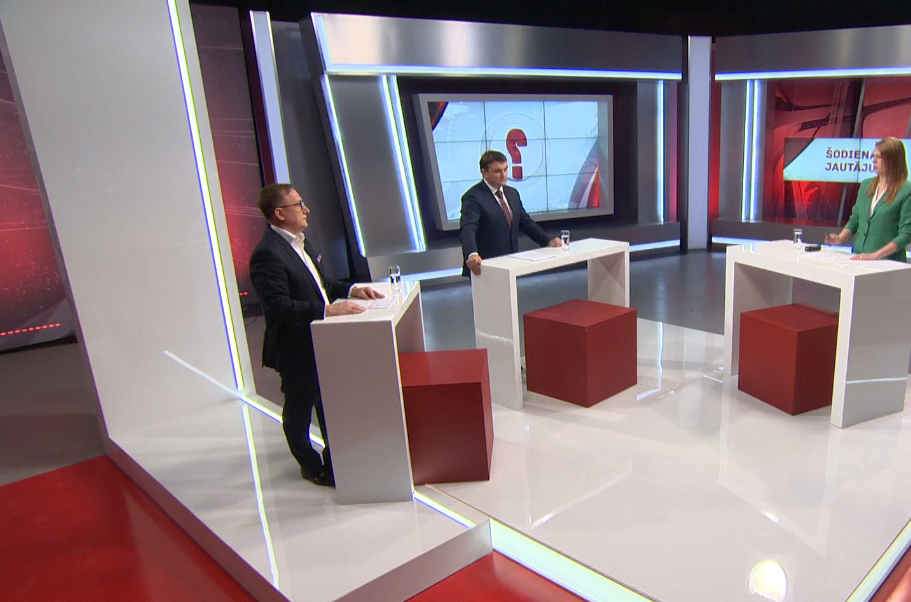Valantis said that the impact of the COVID-19 crisis on the economy in the autumn was greater than that experienced at the beginning of the COVID-19 pandemic in the spring. Therefore, EM has prepared a plan with additional support measures for the tourism sector.
“We believe that tourism as a sector needs to be helped,”
Valantis said, pointing out that the hotel sector in Rīga, which is based on the flow of foreign tourists, was hit hardest. It is particularly important for this segment to survive this season, until the next summer season. Some hotels will be closed, but some will continue to work.
In other areas, support will be offered to cover costs, such as utilities.
Similarly, one of the options for business support in general is to compensate for the downtime of employees from the first day, the EM Secretary of State acknowledged.
The President of the Bank of Latvia Mārtiņš Kazāks emphasized the importance of helping businesses at this time. The state has funds to support, government debt is relatively small, but the country should invest money wisely and purposefully. The State should not save companies that are actually dead, namely those with no prospects for recovery in the coming year.
“There are industries that will not recover. We need to help them transition to other industries,”
Kazāks said, adding that in this case it is about tourism, hospitality, entertainment, restaurant business.
Workers in these areas and companies in difficulty should be assisted in retraining in order to move to other sectors. If they do not, there will be an additional risk of poverty and inequality, the President of the Bank of Latvia said.
According to the latest forecast by the Bank of Latvia, the drop in gross domestic product (GDP) will be 4.7% this year instead of the previously estimated 7.5%, while in 2021 GDP growth of 5.1% is projected to be less than the previously planned 6.7%.
Kazāks acknowledged that this forecast was made in August, before the outbreak of COVID-19 in the autumn. GDP is likely to fall more sharply than previously estimated at less than 5%.
Current estimates suggest Latvia's GDP drop could be by 7% this year, but the impact could be higher next year.





























